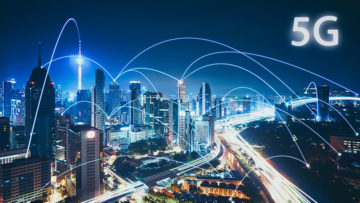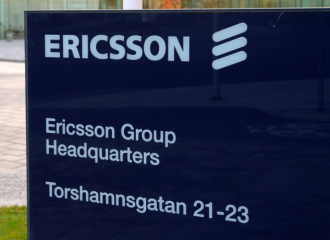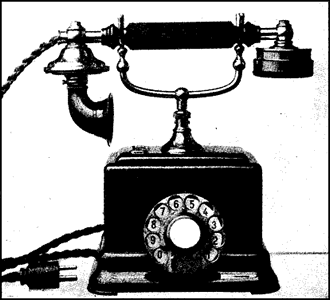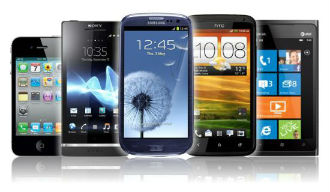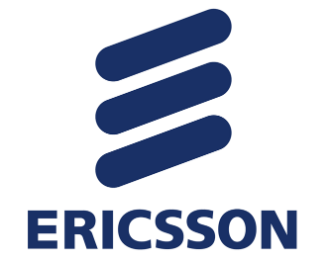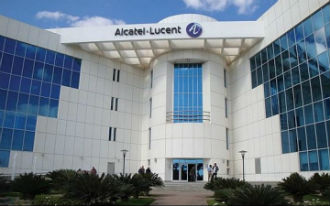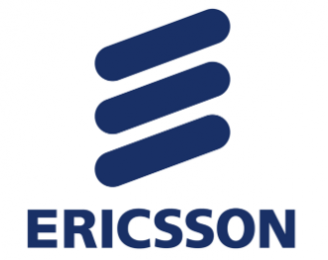 Ericsson President and CEO Börje Ekholm had a Nordic sulk over his companies results and said he was not satisfied with the outfit’s underlying performance.
Ericsson President and CEO Börje Ekholm had a Nordic sulk over his companies results and said he was not satisfied with the outfit’s underlying performance.
Ericsson saw continued declining sales and increasing losses in the quarter and while its brand new business strategy was gaining traction, there will need to be some costs cut.
“We will accelerate our actions to ensure that we can meet our target of doubling the 2016 operating margin beyond 2018. Actions will be taken primarily in service delivery and common costs and do not include R&D,” he said.
Sales adjusted for comparable units and currency declined by 13 percent. Based on the development in the first half of the year, Nokia’s current view of the Radio Access Network (RAN) equipment market outlook is in line with external estimates of a high single-digit percentage decline for the full year 2017.
“Considering the current market environment, the company position, and the more focused business strategy, we continue to assess risk exposure in ongoing contracts. Depending on the outcome, we see an increased risk of further market and customer project adjustments, which would have a negative impact on results, estimated to SEK 3-5 billion. for the coming 12 months, of which 30 percent is estimated to impact cash,” Ekholm said.
The decline in the Networks result in the quarter was mainly caused by lower software sales, driven by two key factors; unusually strong software sales in the second quarter last year and cautious mobile broadband investment levels. On the positive side, Ericsson did well in radio.
He said that Ericsson will improve its Networks will be generated through both the continued ramp-up of Ericsson Radio System (ERS) and cost reductions, mainly in service delivery. The ERS continues to prove its competitiveness and now represents 49 per cent of radio unit deliveries in the quarter. During the quarter, we announced a break-through contract to support Vodafone UK to evolve its 4G network and to provide 5G radio technology. To safeguard a future leading portfolio, we have started to increase R&D investments in Networks.
“In line with our more focused strategy, we signed an agreement in the quarter to divest the power modules business.”
IT & Cloud had another challenging quarter with significant losses. The sequential increase in losses is largely explained by lower capitalization of R&D expenses. Gross margin continued to be negatively impacted by large digital transformation projects, he said.
Sales decreased by eight percent. The RAN equipment market for 2017 is estimated to show a high single-digit percentage decline compared with previous estimate of two to six percent.
Gross margin, excluding restructuring charges, was 29.8 percent. Operating income was $140 million.
 Ericsson has closed its acquisition of wireless edge vendor Cradlepoint as part of its attempt to take control of 5G enterprise space.
Ericsson has closed its acquisition of wireless edge vendor Cradlepoint as part of its attempt to take control of 5G enterprise space.